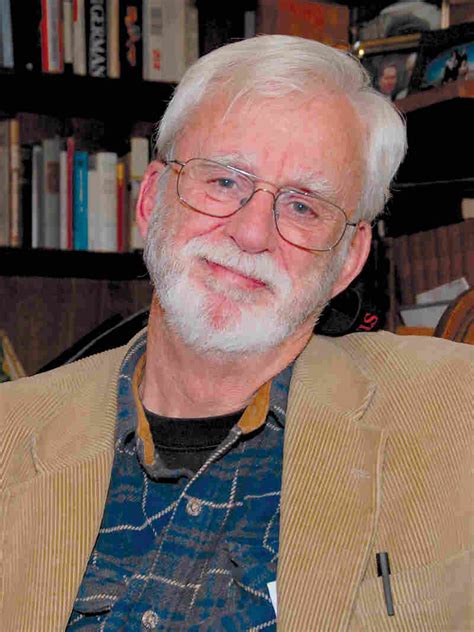A Quote by John Perry
Task triage is the habit of making a realistic assessment of what degree of perfection is required for a task at the point of accepting it, so one doesn't need to rely on one's habit of procrastinating to lower the bar.
Related Quotes
A fixed habit is supported by old, well-worn pathways in the brain. When you make conscious choices to change a habit, you create new pathways. At the same time, you strengthen the decision-making function of the cerebral cortex while diminishing the grip of the lower, instinctual brain. So without judging your habit, whether it feels like a good one or a bad one, take time to break the routine, automatic response that habit imposes.
When we look at the matter from another point of view, great caution would seem to be required. For the habit of lightly changing the laws is an evil, and, when the advantage is small, some errors both of lawgivers and rulers had better be left; the citizen will not gain so much by making the change as he will lose by the habit of disobedience.
The impresario functions as a bridge and a translator. He or she is a bridge between the creative point of view - which is often very focused on the creative task itself - and the resource-allocation process. The impresario has to make certain the funds and people required to get that task completed are available.
Your success in life and work will be determined by the kinds of habits that you develop over time. The habit of setting priorities, overcoming procrastination, and getting on with your most important task is a mental and physical skill. As such, this habit is learnable through practice and repetition, over and over again, until it locks into your subsconscious mind and becomes a permanent part of your behaviour.
Man's main task in life is to give birth to himself, to become what he potentially is. The most important product of his effort is his own personality. One can judge objectively to what extent a person has succeeded in his task, to what degree he has realized his potentialities. If he has failed in his task, one can recognize this failure and judge it for what it is - a moral failure.
Your god may be your little Christian habit - the habit of prayer or Bible reading at certain times of your day. Watch how your Father will upset your schedule if you begin to worship your habit instead of what the habit symbolizes. We say, 'I can't do that right now; this is my time alone with God.' No, this is your time alone with your habit.
































